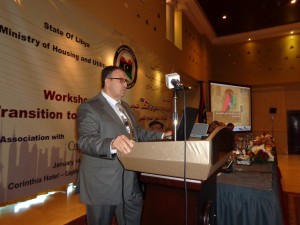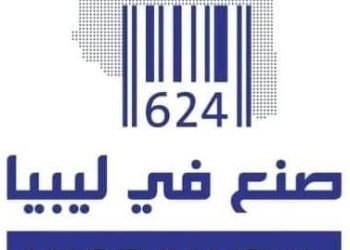By Libya Herald Reporter.

Tunis, 22 July 2015:
Further to media speculation about who the IMF recognizes as Libya’s representative on the Board . . .[restrict]of Governors, the IMF confirmed to Libya Herald today that it only recognizes the House of Representatives (HoR) as the legitimate authority in Libya.
The speculation came about as a result of the IMF updating their online database for Governors of its Board including the addition of the name of Ali Hebri as Libya’s representative.
Mainstream and social media in Libya had speculated weather the IMF and the international community were dropping their recognition of Saddek Elkaber as the de facto Governor of the Central Bank of Libya (CBL).
The IMF Spokesperson said that “on July 2, 2015, the Fund received a letter from the Speaker of the House of Representatives (HOR, the legislative authority in the East), appointing Mr. Elhebri as Governor for the Fund. The international community, including most IMF member states, recognizes the HOR as the only legitimate authority in Libya. In line with established Fund procedures, Mr. Elhebri was recognized as Libya’s Governor for the Fund.”
However, whilst the IMF is an institution made up of representatives of internationally recognized states and therefore must recognize the internationally recognized Governor of the CBL, Ali Hibri, it has no control of who is the de facto Governor of the CBL in Tripoli.
There is confusion in the stance of the international community on the status of of the heads of Libya’s international and state institutions such as the LIA, LAP, LPTIC, CBL etc.
On the one hand, de jure, the international community exclusively recognize the Tobruk based parliament of the HoR and the Al-Beida-based government of Abdullah Thinni.
On the other hand, de facto, they espouse a policy of the status quo and say that none of the heads of these institutions should be embroiled in the political conflicts. They say all the heads should remain as they are and should not become politicized and part of the political conflict.
They see these as institutions that represent the higher national interest of Libya – above the political cut and thrust. [/restrict]







